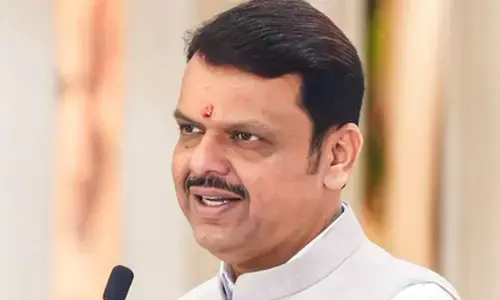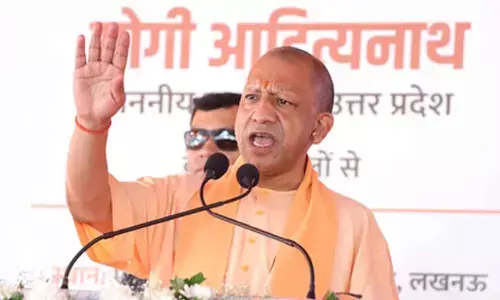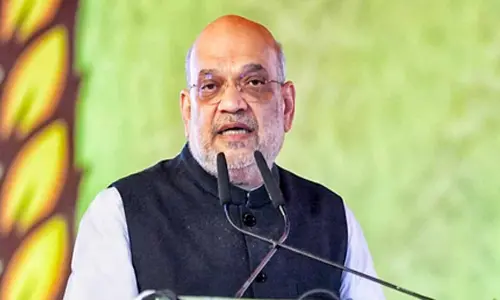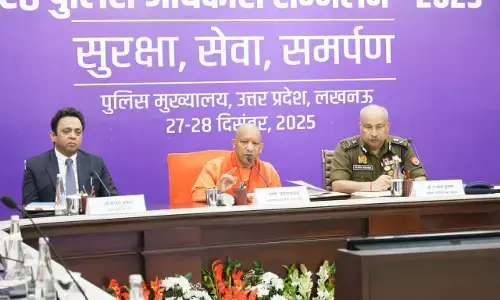Ordinance making powers of the President
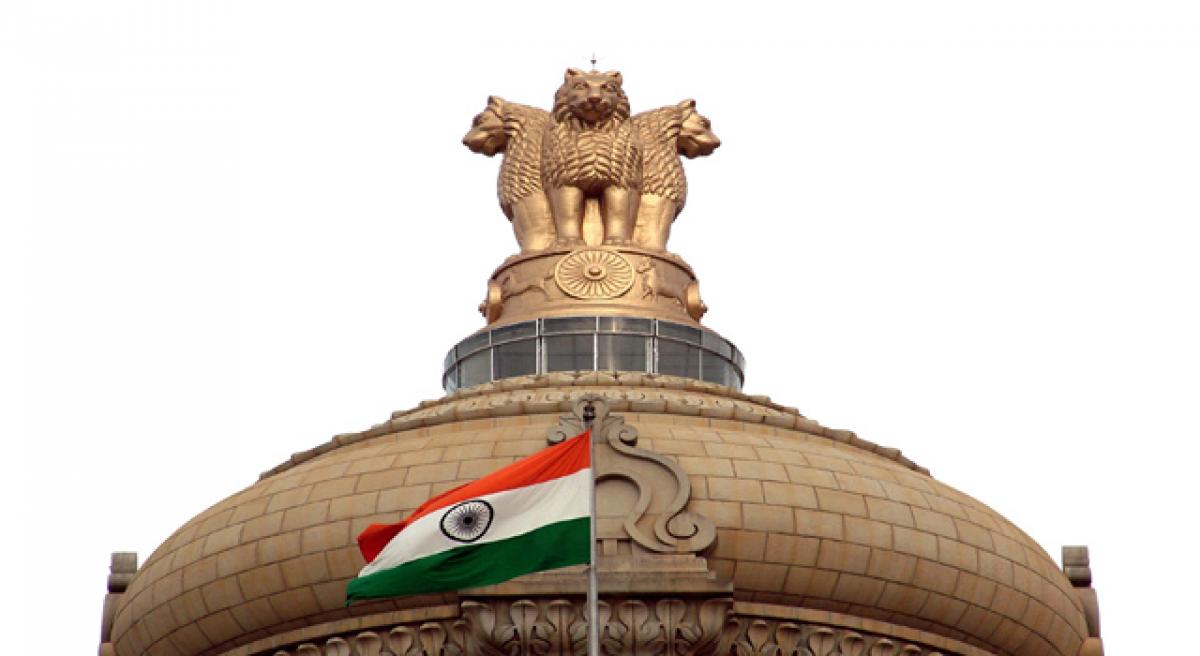
An Ordinance may relate to any subject that the Parliament has the power to legislate on. Conversely, it has the same limitations as the Parliament to legislate, given the distribution of powers between the Union, State and Concurrent Lists. Thus, the following limitations exist with regard to the Ordinance making power of the executive:
Article 123 of the Constitution grants the President certain law making powers to promulgate Ordinances when either of the two Houses of Parliament is not in session and hence it is not possible to enact laws in the Parliament.
An Ordinance may relate to any subject that the Parliament has the power to legislate on. Conversely, it has the same limitations as the Parliament to legislate, given the distribution of powers between the Union, State and Concurrent Lists. Thus, the following limitations exist with regard to the Ordinance making power of the executive:
i. Legislature is not in session: The President can only promulgate an Ordinance when either of the two Houses of Parliament is not in session.
ii. Immediate action is required: The President cannot promulgate an Ordinance unless he is satisfied that there are circumstances that require taking ‘immediate action’[ii].
iii.Parliamentary approval during session: Ordinances must be approved by Parliament within six weeks of reassembling or they shall cease to operate. They will also cease to operate in case resolutions disapproving the Ordinance are passed by both the Houses.
Ordinance making powers of the Governor
Just as the President of India is constitutionally mandated to issue Ordinances under Article 123, the Governor of a state can issue Ordinances under Article 213, when the state legislative assembly (or either of the two Houses in states with bicameral legislatures) is not in session.
The powers of the President and the Governor are broadly comparable with respect to Ordinance making. However, the Governor cannot issue an Ordinance without instructions from the President in three cases where the assent of the President would have been required to pass a similar Bill
However, the past year has seen a rise in the number of Ordinances promulgated.
Parliamentary Committees
Parliamentary Committees are of two kinds: Ad hoc Committees and the Standing Committees.
Ad hoc Committees are appointed for a specific purpose and they cease to exist when they finish the task assigned to them and submit a report.
The principal Ad hoc Committees are the Select and Joint Committees on Bills. Others like the Railway Convention Committee, the Committees on the Draft Five Year Plans and the Hindi Equivalents Committee were appointed for specific purposes.
Apart from the Ad hoc Committees, each House of Parliament has Standing Committees like the Business Advisory Committee, the Committee on Petitions, the Committee of Privileges and the Rules Committee, etc.
Committee on Estimates
This Committee consists of 30 members who are elected by the LokSabha every year from amongst its members. A Minister is not eligible for election to this Committee. The term of the Committee is one year. The main function of the Committee on Estimates is to report what economies, improvements inorganisation, efficiency, or administrative reform, consistent with the policy underlying the estimates may be effected and to suggest alternative policies in order to bring about efficiency and economy in administration.
Committee on Public Undertakings
The Committee on Public Undertakings consists of 15 members elected by the LokSabha and 7 members of RajyaSabhaare associated with it. A Minister is not eligible for election to this Committee. The term of the Committee is one year.
The functions of the Committee on Public Undertakings are—(a) to examine the reports and accounts of Public Undertakings; (b) to examine the reports, if any, of the Comptroller and Auditor General on the Public Undertakings; (c) to examine in the context of the autonomy and efficiency of the Public Undertakings whether the affairs of the Public Undertakings are being managed in accordance with sound business principles and prudent commercial practices; and (d) such other functions vested in the Committee on Public Accounts.
Committee on Public Accounts
This Committee consists of 15 members elected by the LokSabha and 7 members of the RajyaSabhaare associated with it. A Minister is not eligible for election to this Committee. The term of the Committee is one year.
The Public Accounts Committee was set up in 1921 under the Montague Chelmsford Reforms. The rules framed under the Government of India Act of 1919 authorised the Governor-General-in-Council) to constitute such committees at the centre and provincial levels to examine the accounts of the government and to point out irregularities if any.
Till the third LokSabha, the chairman of the Committee belonged to the ruling party. The Speaker, for the first time, appointed a member of the Opposition as the Chairman of the Committee for 1967-68
Thereafter, the chairmanship of the Public Accounts Committee has been given to the opposition, a practice which is considered democratic.
The main duty of the Committee is to ascertain whether the money granted by Parliament has been spent by Government "within the scope of the Demand". The Appropriation Accounts of the Government of India and the Audit Reports presented by the Comptroller and Auditor General mainly form the basis for the examination of the Committee.
Joint Committee on Offices of Profit
This Committee consists of 15 members. Ten members are elected from LokSabha and five from RajyaSabha. The Committee is constituted for the duration of each LokSabha.
The main functions of the Committee are to examine the composition and character of the Committees appointed by the Central and State Governments and to recommend what offices should disqualify and what offices should not disqualify a person for being chosen as, and for being, a member of either House of Parliament under article 102 of the Constitution.
Business Advisory Committee (LokSabha)
The Business Advisory Committee of LokSabha consists of 15 members including the Speaker who is the ex-officio Chairman. The members are nominated by the Speaker. Almost all sections of the House are represented on the Committee as per the respective strength of parties in the House.
The function of the Committee is to recommend the time that should be allotted for the discussion of such Government legislative and other business as the Speaker, in consultation with the Leader of the House, may direct to be referred to the Committee.
Rules Committee (LokSabha)
The Rules Committee consists of 15 members including the Speaker who is the ex-officio Chairman of the Committee. The members are nominated by the Speaker. The Committee considers matters of procedure and conduct of business in the House and recommends any amendments or additions to the Rules of Procedure and Conduct of Business in LokSabha that are considered necessary.
Committee of Privileges (LokSabha)
This Committee consists of 15 members nominated by the Speaker. The function is to examine every question involving breach of privilege of the House or of the members of any Committee thereof referred to it by the House or by the Speaker. It determines with reference to the facts of each case whether a breach of privilege is involved and makes suitable recommendations in its report.
By: Balalatha Mallavarapu









